
Regarding Future Generations
- By Ricky Silver
- Updated: January 2025

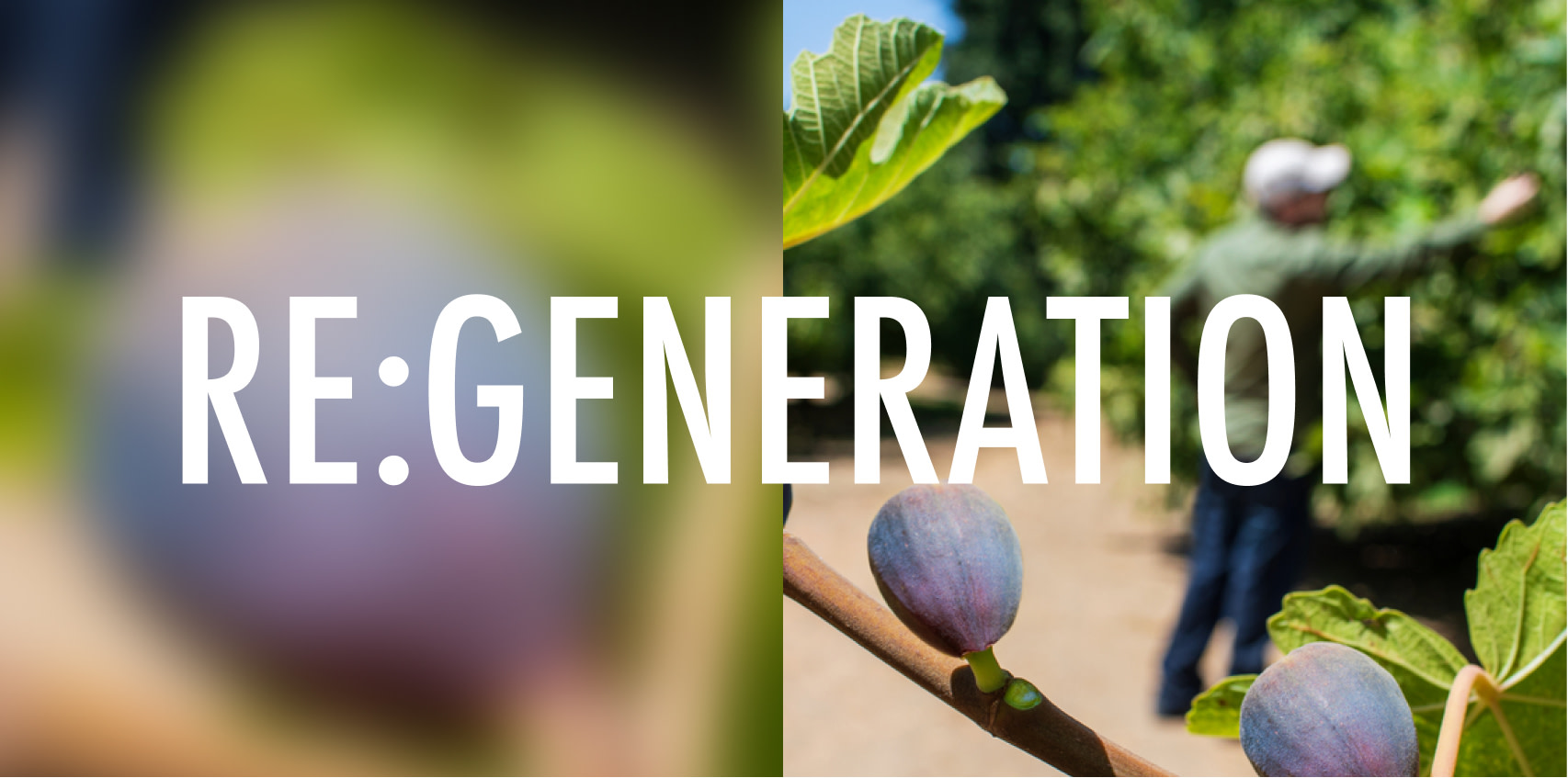
Simply put, what we eat and how it’s grown matters. Which is why we’re committed to shaking things up and creating a better food system. One that is both regenerative and organic. One that considers the entire agricultural ecosystem and actually cares about people and the planet. One that puts more sustainably grown fruits + veggies on all of our plates daily.
We take care of food so food can take care of you.
Explore good for you and better for the planet food
Our food is made from real ingredients grown by real people. And guess what? The more variety we eat, the better. By farm-to-freezing diverse and colorful crops, we ensure you’re always biting into the rainbow and getting just-picked nutrition with every bite.
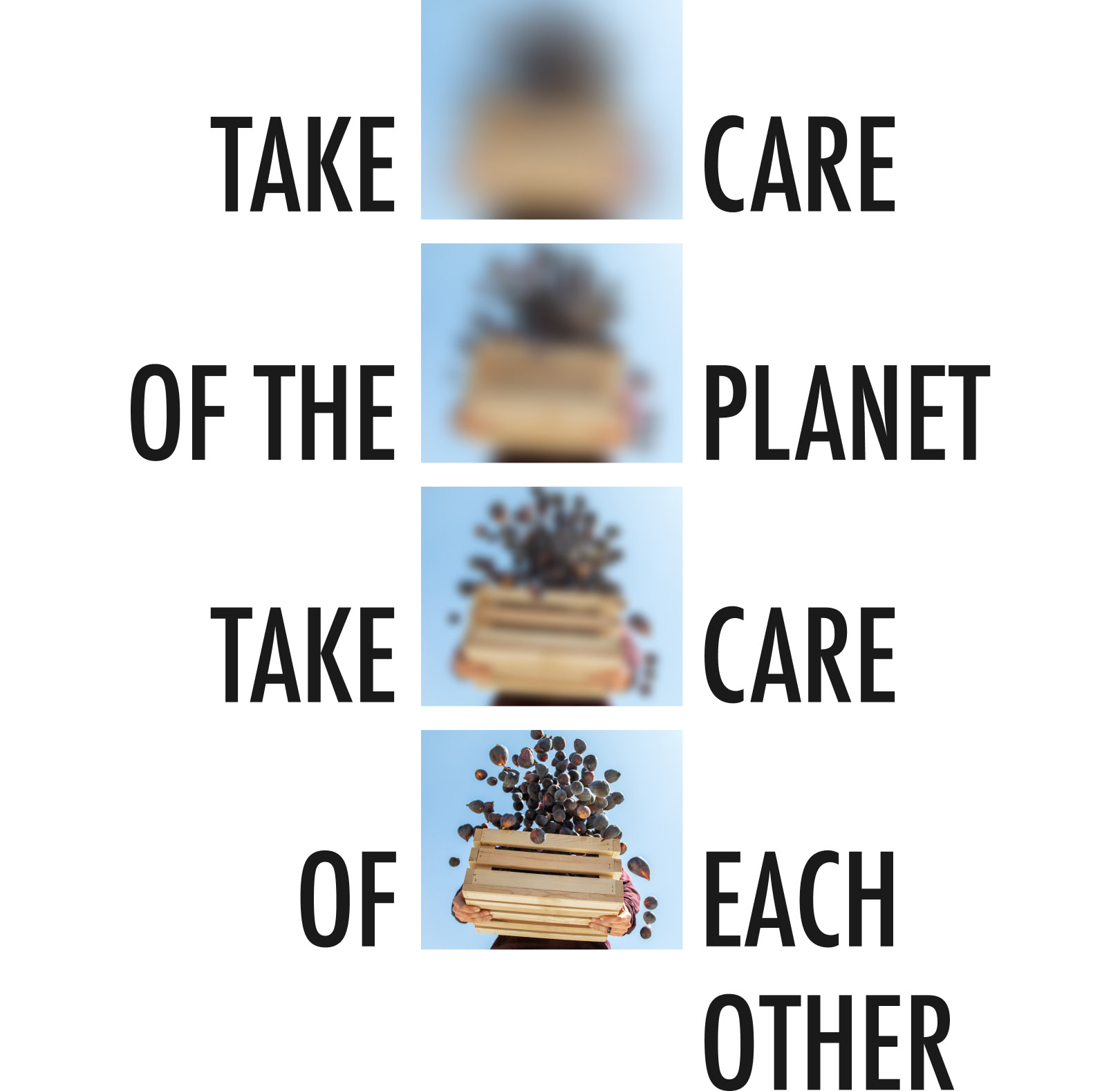
When we eat more fruits + vegetables, we take care of the planet and each other.
What’s more to love about plant-based eating? Consuming fruits + vegetables is associated (1) with a reduced risk of chronic diseases, and studies show (2) that eating five servings a day can actually help you live longer. Tweet that.
We believe that sustainable, regenerative agriculture is the gold standard that our food system should aspire towards. Because when farmers are supported and empowered to use practices that regenerate soil, sequester carbon, and keep chemicals out of our land, food, and water–it’s a win for our bodies and the planet. The first step towards a more sustainable food system is organic farming, but the transition from non-organic to organic is complex and costly (3).
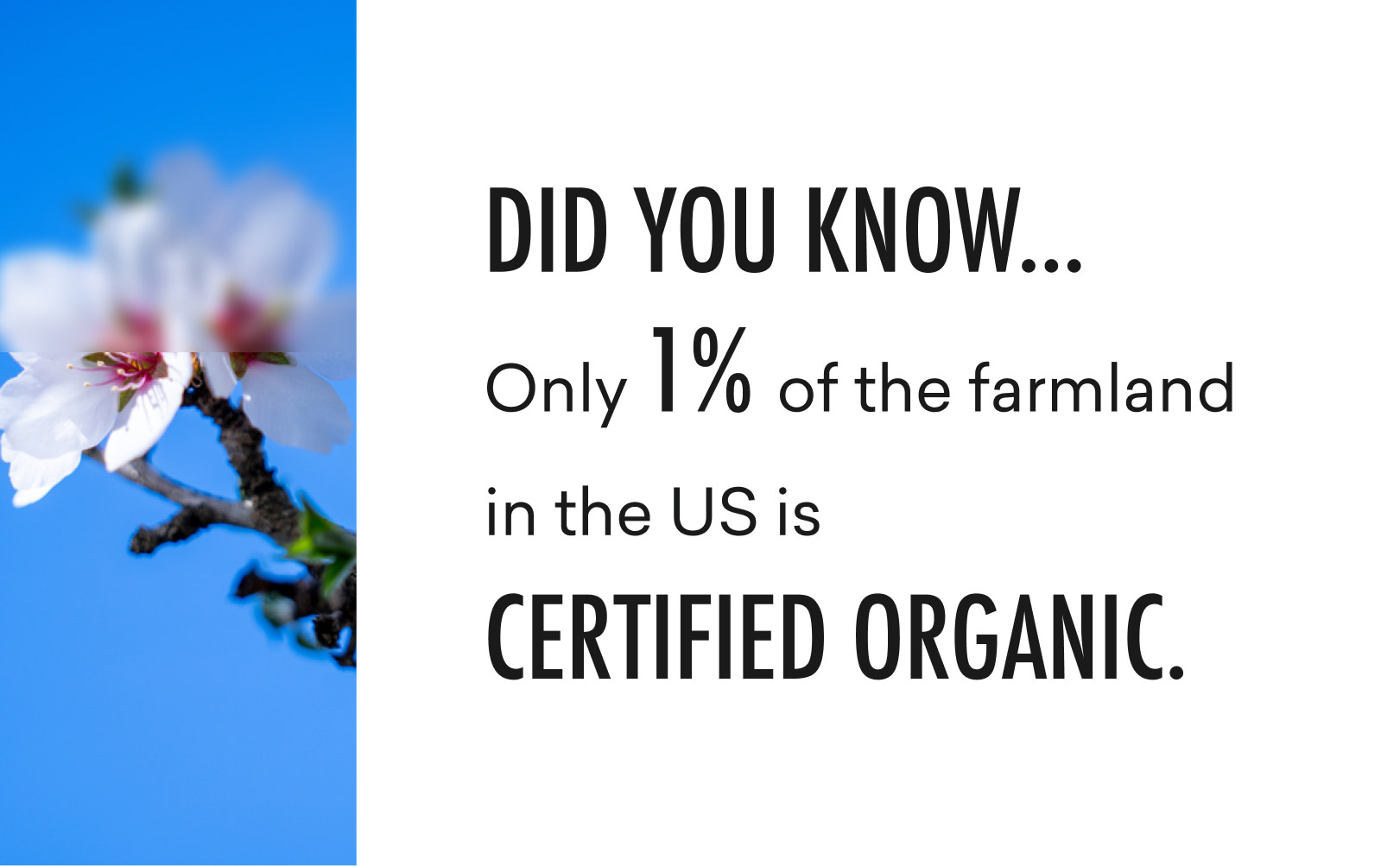
Our food is not 100% organic. Why? Because we believe it’s more important to work directly with farmers and support them through the three-year transition from non-organic to organic. During this period, not only will we purchase their crops in transition, but we’ll also pay a premium on them. We’re in this together.
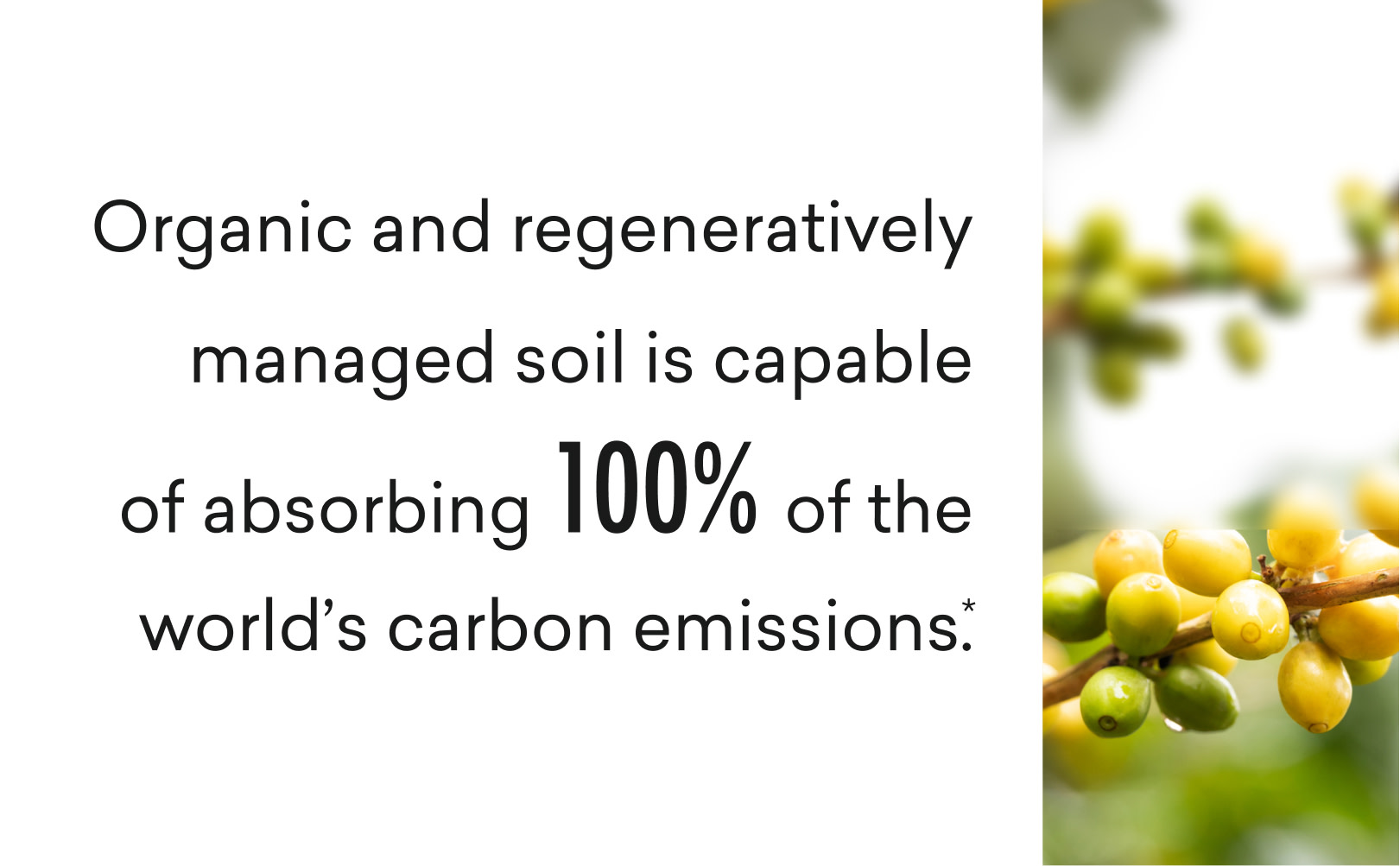
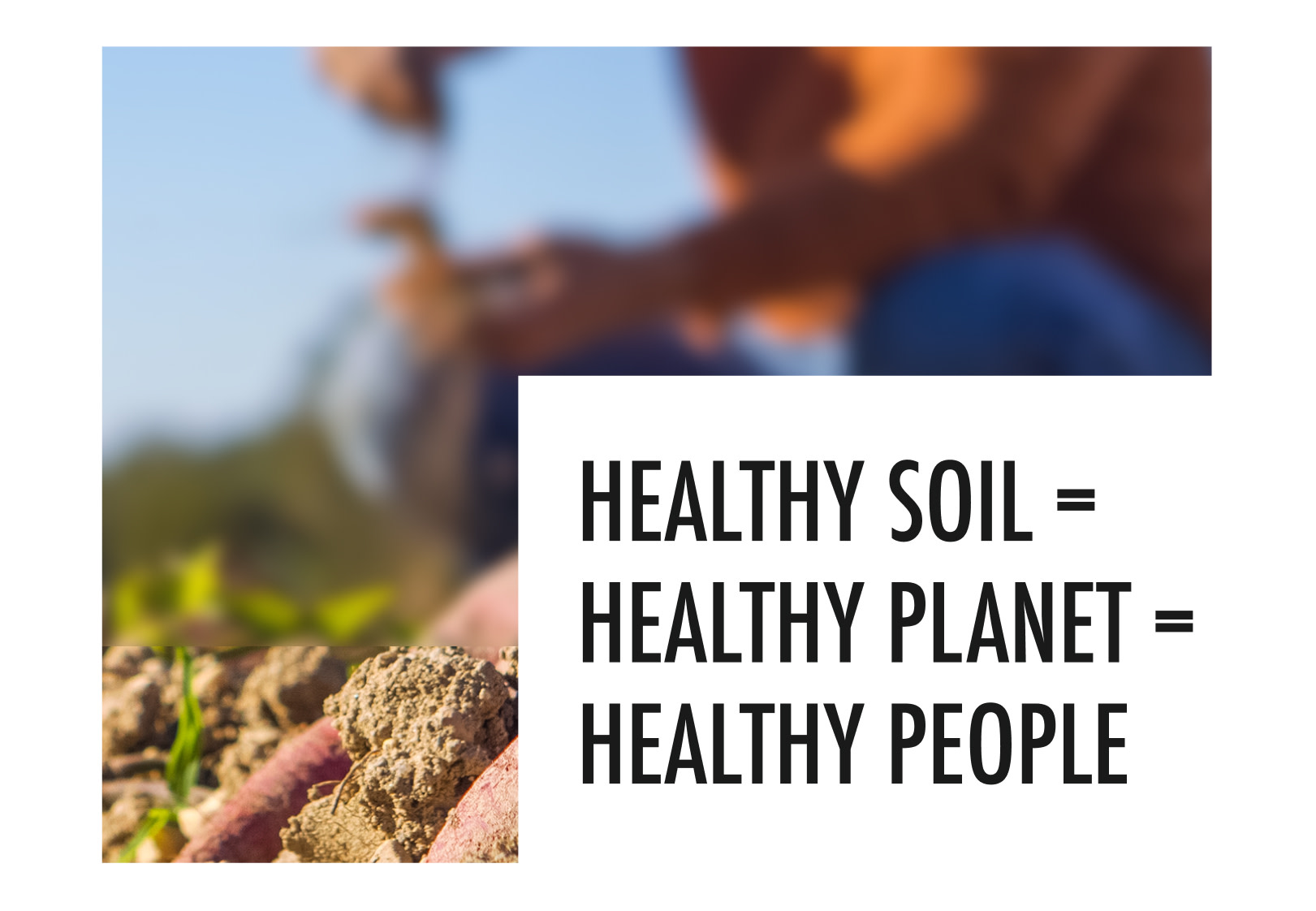
Regenerative farming has deep roots — it goes far beyond just organic fruits + veggies. Farming practices regenerate the soil and keep said soil healthy and happy. Healthy soil is essential to grow nutritious food. When we invest in preserving the health of soil, it helps to preserve biodiverse ecosystems, which in turn have the power to reverse climate change and protect fertile land for future generations. And future, future generations.
Let’s talk about packaging. Because what’s on the outside matters, too.

We make food that’s nourishing and convenient. But convenience is often at odds with our planet. The more stuff we need ASAP, the more waste we generate. That’s why we’re working to make all of our packaging planet-friendly.
Year over year, Daily Harvest inches closer and closer to our goal of 100% sustainable materials (compostable, recyclable, or PCR made from recycled materials).
There’s no space for inequities in the food system we’re reimagining. We refuse to leave historically underserved communities out. Nope, not doing that.

Instead, we’re securing partnerships with orgs like American Farmland Trust and California Certified Organic Farmers to make sustainable farming viable and accessible to undervalued farming communities across the nation. The goal? To support as many growers as possible in the transition to organic farming. The hope? To scale regenerative agriculture and celebrate equity in farming.
Learn more about our partnership with AFT x CCOF.
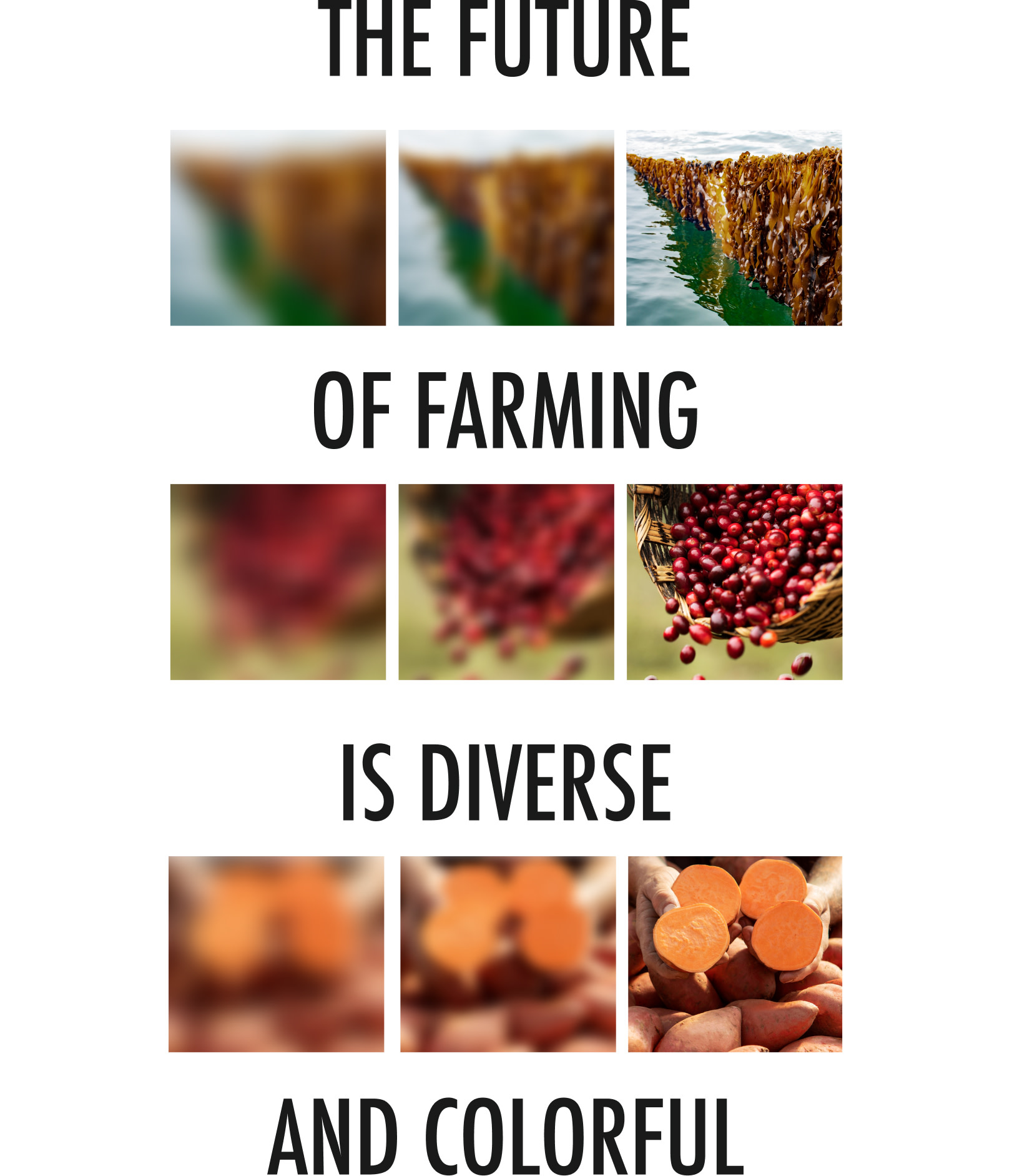
Shaping the future of the food system is a big job, but somebody's gotta do it. And that somebody is all of us: consumers, corporations, government agencies, and elected officials. We need an ecosystem of businesses and government programs to commit to making sustainably grown fruits + vegetables accessible to all and sustainable for farmers to grow.
How can we help make this change a reality? By conducting research that demonstrates the benefits of sustainable farming. This is why we’ve invested in a five-year partnership to test the effectiveness of soil health practices on almond farming.
Our goal is to energize farmers and fellow food companies to adopt techniques that regenerate farmland, help address our climate crisis, and ensure future generations can keep eating their fruits + veggies in peace.
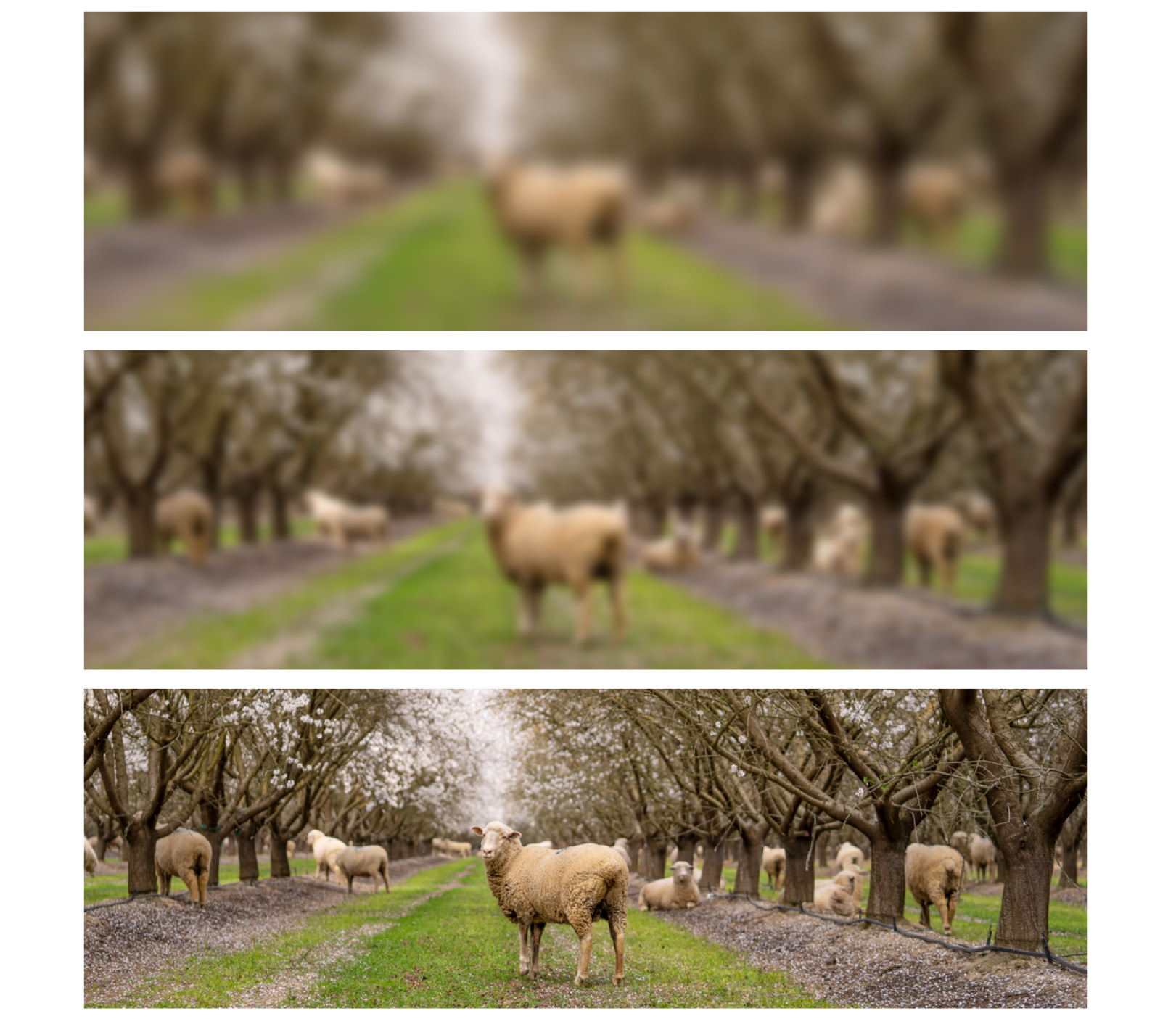
Learn more about The Almond Project – a multi-year farmer-led partnership, paving the way towards a more resilient future for almonds.
For decades, the food system as we know it has prioritized profits over human and planetary health. We’re not into that, so we’re working to reimagine food from the ground up by building a new system.
What can you do? Buy more organic fruits + veggies and support local farmers.
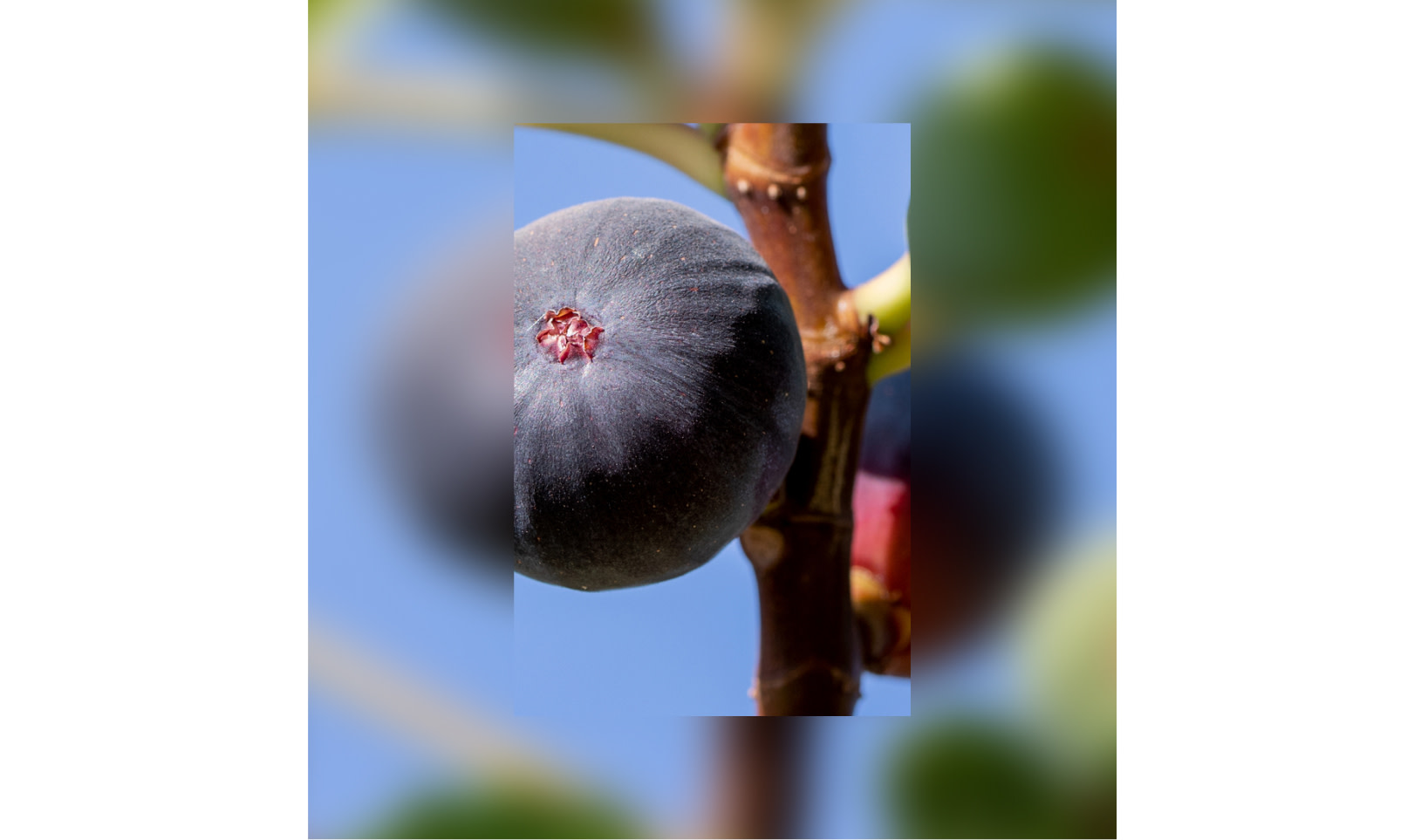
Sources
Ricky Silver
CEO of Daily Harvest.
Ricky Silver is the CEO of Daily Harvest, a company dedicated to making it easy to eat more sustainably grown, organic fruits and vegetables for better human and planetary health.
When would you like your next delivery?
Note On Your Existing Order
Order #{{number}} for your most recent box has already been processed and is still scheduled to arrive {{date}}.
I understand Save CancelYou must meet the minimum order requirements for the box to ship. Add your replacement item(s) first and then try deleting this again.
When would you like your next delivery?
Note On Your Existing Order
Order #{{number}} for your most recent box has already been processed and is still scheduled to arrive {{date}}.
I understand Save CancelYou must meet the minimum order requirements for the box to ship. Add your replacement item(s) first and then try deleting this again.
Loading...